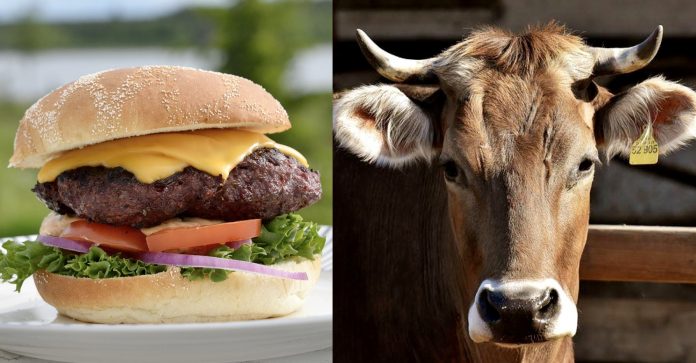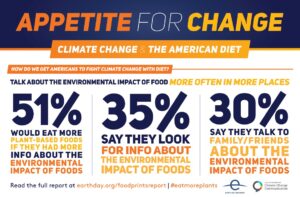You can help all animals and our planet by choosing compassion on your plate and in your glass. #GoVeg
RELATED ARTICLES
Pressure Mounts For Arizona To Ban Dog Pack Hunting Of Mountain Lions, Bears & Other Critical Species
Conservation groups have submitted a petition to the Arizona Game and Fish Commission urging a ban on the use of dog packs for hunting...
Help Save Millions Of Lives This Holiday By Choosing Compassion On Your Plate; Adopt A Turkey Today!
As Thanksgiving approaches, we hope you enjoy a warm and safe holiday. We encourage you to make a compassionate choice by leaving animals off...
Giraffes Are One Step Closer To Receiving Vital Endangered Species Act Protections
In response to a petition and subsequent lawsuit by conservation and animal protection organizations, the U.S. Fish and Wildlife Service (USFWS) has proposed listing...
Popular stories
News
Breaking! More Than 300 Dogs Rescued After Massive Dogfighting Operation Is Busted In South Carolina
Photos by Meredith Lee, The Humane Society of the United States.
A joint team of more than 60 federal and state law enforcement officers executed...
News
The National Park Service Continues To Try To Stop Attempts By Activists To Bring Thirsty Tule Elk Water; Urgent Action Is Needed To Save...
Twenty wildlife and national park protectors recently defied National Park Service (NPS) orders for a second time and risked getting arrested while participating in a bold,...
News
New Research Reveals That 84% Of Tourists Agree That Wildlife-Friendly Tourism Should Be A Priority In South Africa Over Trophy Hunting
Hopeful news for the future of wildlife in Africa as new research reveals that international tourists and South African citizens are in favor of...





